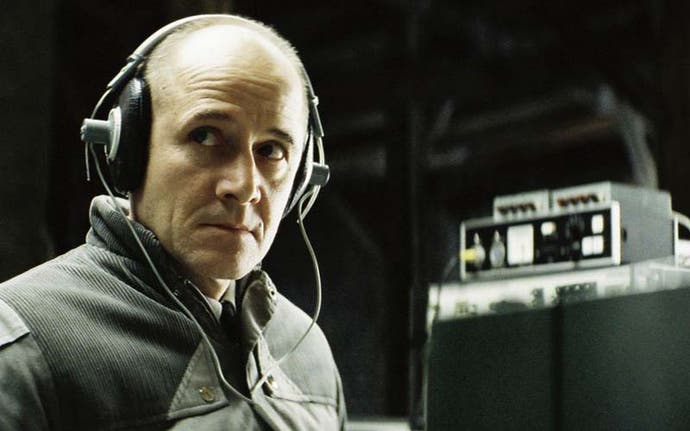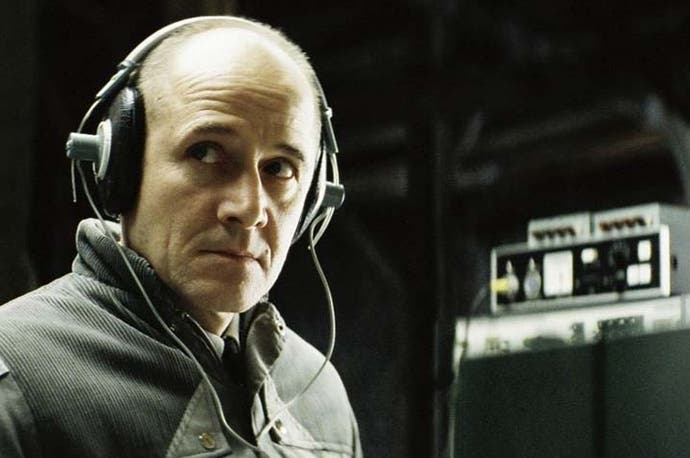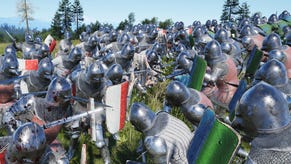NSA, GCHQ can listen to Xbox Live chat communications
UPDATE: Microsoft insists alleged spying "wasn't done with our consent".
UPDATE #2: Microsoft has spoken out against the government surveillance of its customers and joined other technology giants such as Google, Yahoo, Facebook and Twitter by signing a jointly-authored document entitled 'Global Government Surveillance Reform'.
The five point plan to curb the intrusion of mass surveillance calls for limits on governments' authority to collect user information and encourage greater oversight and accountability for agencies who undertake such surveillance.
The companies also want greater transparency from governments on what demands it makes of security agencies, and a greater respect for the free flow of information.
"People won't use technology they don't trust," Microsoft's legal boss Brad Smith commented. "Governments have put this trust at risk, and governments need to help restore it."
UPDATE: Microsoft has responded to recent revelations about UK and US spies listening in to discussions on Xbox Live chat.
A spokesperson told Eurogamer the company had not detected any spying through Xbox Live - and insisted if it did occur it wasn't done with Microsoft's blessing.
"We're not aware of any surveillance activity," the spokesperson said. "If it has occurred as reported, it certainly wasn't done with our consent."
Microsoft's statement echoes that of Blizzard, whose MMO World of Warcraft was also targeted by the NSA and GCHQ.
ORIGINAL STORY: UK and US spies are able to monitor communications within games such as World of Warcraft and listen in to private discussions on Xbox Live chat, leaked memos have revealed.
The latest collection of documents from whistleblower Edward Snowden, published today in The Guardian newspaper, have highlighted the security services' growing interest in online gaming as a means for people to communicate.

A September 2008 memo from GCHQ suggested that the agency was able to listen to voice chat on Xbox Live. Agents had "successfully been able to get the discussions between different game players on Xbox Live", the report noted.
NSA operatives were deployed within games such as World of Warcraft and Second Life to monitor users and extract information on their "buddylists and interaction".
Games "are an opportunity!", one analyst wrote, and offer an alternative "target-rich communications network" to the more traditionally-monitored forms of communication. Games were somewhere that targets could still "hide in plain sight".
The 2008 document talked of the NSA's "vigorous effort" to monitor game users via "exploitation modules" against Xbox Live and World of Warcraft. The program was run out of the agency's UK Menwith Hill base in North Yorkshire and used World of Warcraft metadata to link "accounts, characters and guilds" with potential targets.
Crucially, however, the leaked documentation offers no proof the surveillance in any way helped foil terrorist plots - or that terror groups had been found to use these services at all.
It is unknown how the agencies were able to gain the access they did, how many people's private communications and data have been accessed and whether the surveillance is still ongoing.
Microsoft has declined to comment on the report.
World of Warcraft maker Blizzard said that it was "unaware of any surveillance taking place. If it was, it would have been done without our knowledge or permission".
A spokesperson for GCHQ did not "confirm or deny" the Guardian's report, but reassured that the British agency's actions were carried out "in accordance with a strict legal and policy framework which ensures that its activities are authorised, necessary and proportionate, and there is rigorous oversight, including from the secretary of state, the interception and intelligence services commissioners and the Intelligence and Security Committee".









